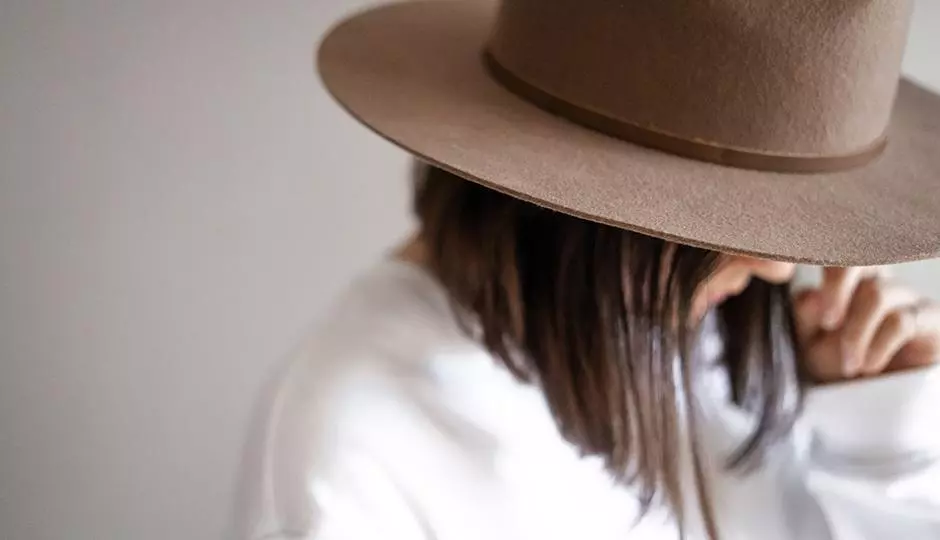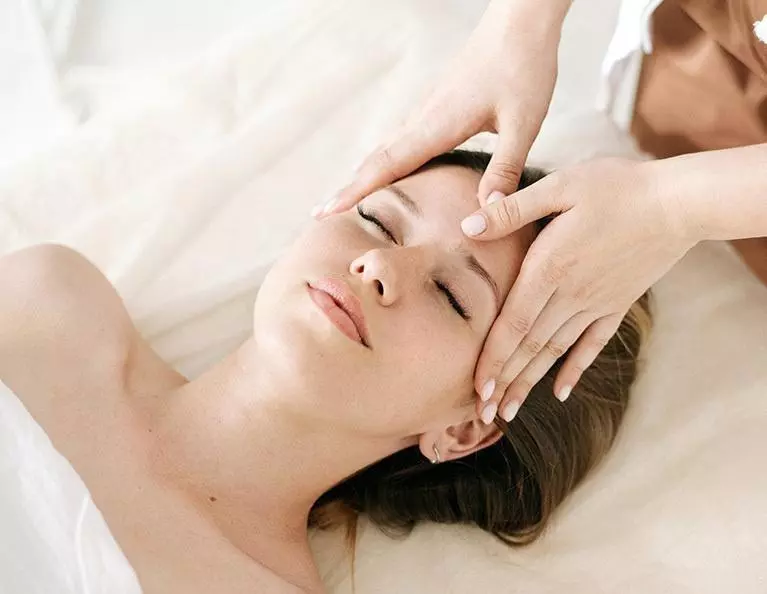Hair loss is always a cause for concern, and it can be both troubling and stressful. Those feelings tend to be exacerbated when the hair loss is sudden, or from unusual or inexplicable circumstances. One of those circumstances is what's known as "traction alopecia."
What Is Traction Alopecia?
The term "alopecia" refers to the loss of hair which can occur for a variety of reasons. For example, "alopecia areata" is hair loss caused by an autoimmune disorder. There are, however, other types of alopecia which occur for other reasons. One of these is traction alopecia, which is hairloss...
The term alopecia refers to hair loss. Traction alopecia is hair loss that's caused by repeatedly pulling on your hair. You can develop this condition if you often wear your hair in a tight ponytail, bun, or braids, especially if you use chemicals or heat on your hair.
The condition was first discovered by physicians in Greenland in the early part of the 20th century. Those doctors noticed that women who wore tight ponytails sometimes experienced hair loss. They also discovered that eliminating the behavior which led to hair loss typically reversed the condition—but that early intervention was critical to success.
How Do I Know If I Have Traction Alopecia?
Like other forms of hair loss, traction alopecia is associated with observable symptoms. Typically, the first sign is small bumps that look like pimples on the scalp. If you don't see a hair specialist, the condition progresses, leading to broken and missing hairs.
Usually, the hair loss occurs on the sides and front of the scalp. Other symptoms could include a reddening of the scalp, itching, scaling, soreness, stinging and blisters, which contain puss. Whereas other forms of alopecia (like areata) typically involve patchy hair loss, traction alopecia usually affects only the areas of the scalp where pulling is involved.
What Specifically Can Cause Traction Alopecia?
As noted above, traction alopecia is generally the result of either pulling the hair tightly over a long time or the protracted use of chemical treatments. This can be caused if you consistently wear a tight ponytail, or tight dreadlocks, braids or cornrows, or if you use chemicals, like the ones contained in certain hair relaxers. Other causes are hair weaves and extensions or pulling the hair into tight curlers during sleep.
Are Some People More Likely to Develop This Condition?
Although anyone can develop traction alopecia, it tends to be more common among African-American women. It is also more common in professions which require pulling the hair into tight buns, like gymnasts and ballerinas. Finally, although you can develop the condition at any age, it's more likely to occur the older you are.
What Can I Do to Prevent Traction Alopecia?
The simplest way to prevent the development of the condition is to not pull the hair in the ways noted above. It's also a good idea to change your hairstyle from time to time. If you do decide to wear a ponytail or bun, try to keep it loose and low on your forehead, and to avoid the use of rubber bands.
Because the use of chemicals and hair relaxers increase the risk of traction alopecia, you should avoid these if at all possible. Those chemicals tend to damage hair, leading to breakage and hair loss. When you dry your hair, avoid using your dryer's high heat setting. Finally, avoid using hair rollers at night—you're better off wrapping your hair instead.
Are There Effective Treatments for Traction Alopecia?
The simple answer is "yes." If you note the symptoms of traction alopecia, you should immediately consult with a dermatologist. He or she can examine your scalp and if necessary do a biopsy to determine the precise cause of your hair loss.
If your doctor determines that the cause of your hair loss is traction alopecia, your best bet is to work with experienced hair loss specialists who can create a customized hair solution best suited to your needs. If you have concerns about hair loss (whether due to traction alopecia or some other cause) and would like professional advice you can trust, contact us at New Look today.







